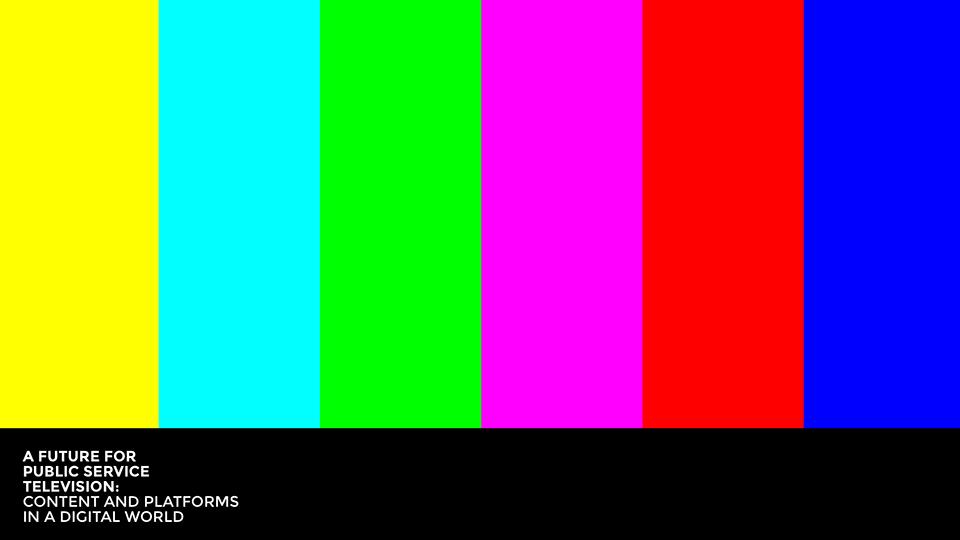A future for public service television - content and platforms in a digital world
Primary page content
A major inquiry into the future of public service television, chaired by film producer and Goldsmiths Honorary Fellow Lord Puttnam, has been announced.

Join us for 'Guardian Live: Do we still need public service television' on Wednesday 25 November, 7pm, The Guardian Media Group, The Scott Room, London, N1 9GU. Tickets are £10. The Guardian's head of media Jane Martinson and Lord Puttnam talk to broadcaster Melvyn Bragg, President of RTS Peter Bazalgette, Channel 4's Jay Hunt and Maker Studio's Luke Hyams as they debate whether we still need a public service TV system in the era of multi-channel abundance and if so, how best to secure it.
The Inquiry, www.futureoftv.org.uk, which is based at the Department of Media and Communications, Goldsmiths, University of London, is set up to consider the nature, purpose and role of public service television today and into the future. It aims to address ways in which public service content can be most effectively nurtured taking into consideration a growing range of services, platforms and funding models, continuous technological development and audience fragmentation particularly amongst younger and diverse audiences.
Public service channels continue to command some two-thirds of viewing audiences and far outspend their non-PSB rivals on original content – over £2 billion in 2013 compared to around £350 million from multichannel operators. Yet, real-terms investment in public service output is declining across all genres – not least because of substantial cuts to the BBC’s budget in recent years.
The Inquiry aims, therefore, to examine how best to secure quality content that informs and inspires, entertains and educates, connects and challenges audiences in the 21st century.
The Inquiry has two supporting bodies: an Advisory Committee, that will provide guidance on how best to frame and then to realise the remit of the Inquiry, and a separate Broadcast Panel, composed of leading industry voices.
Inquiry partners include the British Academy, the Guardian, the Hansard Society, Vice and BAFTA. The Inquiry will host a series of events examining critical issues in the culture, economics, institutions and creative practices of the contemporary television environment. The events will run from November 2015 until June 2016, when the Inquiry findings, drawn from industry and academic research and submissions, will be published.
The argument for a fully Independent Inquiry is overwhelming. As the Chairman Lord Puttnam puts it:
"We need to consider both the challenges and opportunities for public service television in the digital age. Public service broadcasters remain at the heart of our broadcast landscape in the UK but we are seeing a worrying fall in investment in key areas such as arts, news and drama as well as the tendency for younger audiences to migrate to new digital platforms.
We now find ourselves in a situation where new players like YouTube and Vice are able to complement some of the work of traditional PSB providers. So surely the time has come to reconsider exactly what we mean by 'public service' content and consider new the regulatory structures that will ensure the UK public continues to be served by high-quality, original free to air television.
The Inquiry welcomes submissions from other parties:
For Press Enquiries: Janie Ironside Wood, Head of Communications (for The Inquiry), 07730 047 511 / janieironsidewood@gmail.com
For more information about submissions: Vana Goblot, Research Associate/Inquiry Secretariat 07808 763168 / v.goblot@gold.ac.uk